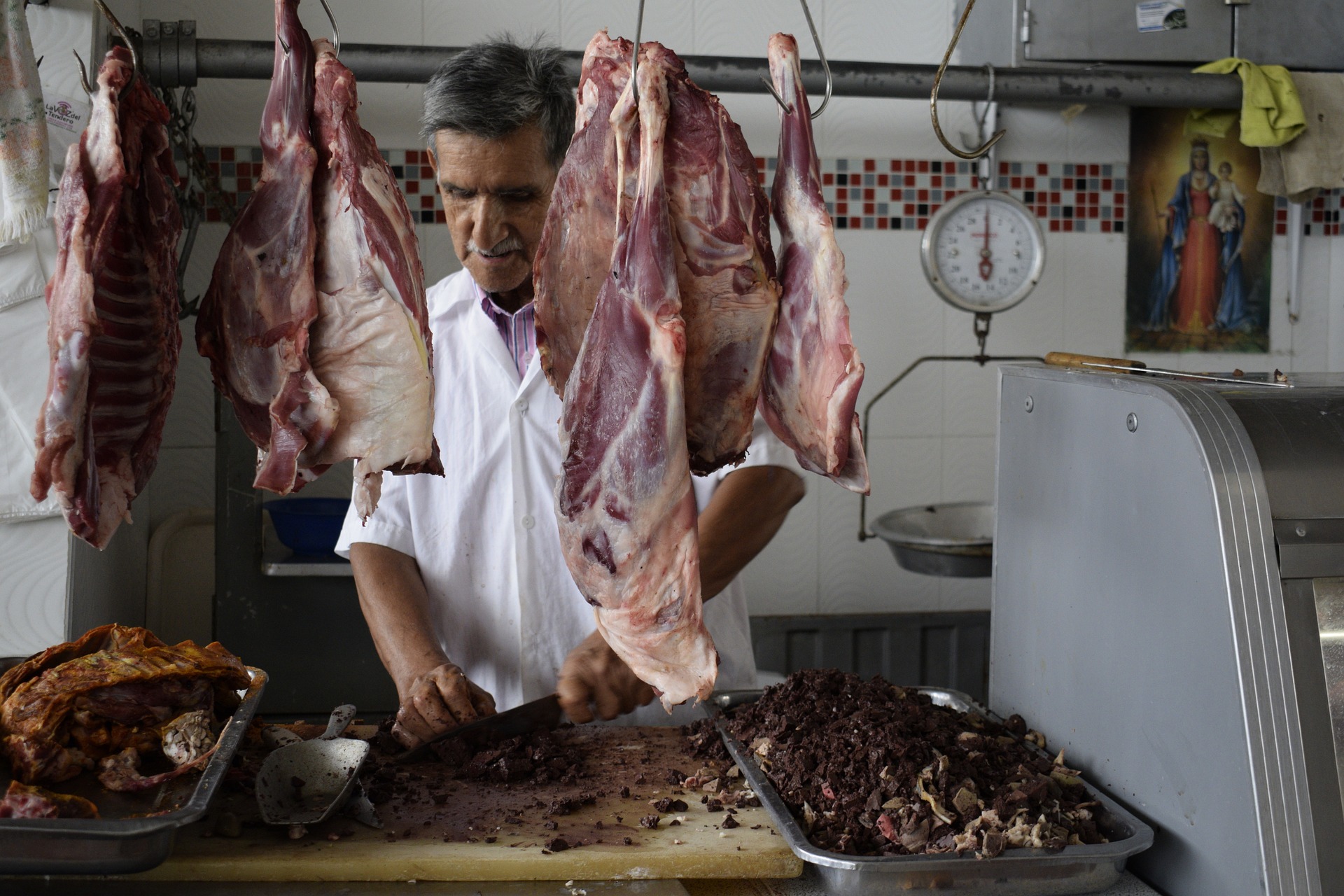
Belgian meat industry prospects gloomy
Three out of four Belgian meat companies fear they will face major difficulties next year due to high energy prices. The sector is extremely energy-intensive, as the processing, transport and storage of meat requires continuous refrigeration.
The Belgian meat sector has a turnover of 3.9 billion euros and employs 5,500 people but is now facing serious problems. In addition to the rise in energy prices and the hikes in raw material costs, the sector is also concerned about wage increases to be instated next year.
„We are very big consumers of energy,” pointed out Michael Gore of Febev, the trade association for slaughterhouses, cutting plants, processed meat producers, wholesalers and butchers.
„Some companies have seen four- to fivefold increases in their electricity bills. Meat processing, transport and storage have to take place in a refrigerated environment, and this cold chain, as well as the disinfection of equipment, consume enormous volumes of energy.
We can try to use less electricity, but we can’t switch off our fridges,”
the expert told the De Tijd news portal.
Of the industry’s 180 companies, Febev surveyed 130 – accounting for 90 per cent of total sector turnover – on the impact of the energy crisis. Only 2 per cent of them manage to pass on the additional overhead costs to their customers in full. 51 per cent are partially able to do so, while 47 per cent are not able to do so at all.
One of the main reasons why companies do not, or only partially pass on their increased costs is the fierce competition among them. This is true for slaughterhouses, cutting plants, meat processors and butchers, as well as for meat dish manufacturers.
Some companies do not raise their prices because they want to avoid their retail customers switching to a competitor who is willing to supply for „a few cents” cheaper. Many companies operate on annual fixed-price contracts that do not allow for price compensation, Mr Gore noted, adding that „there is also a big gap between companies that operate on fixed energy contracts and those that operate on variable energy prices.”
Three quarters of companies told Febev that they could continue production without problems for at most six more months, after which they would run into liquidity problems or difficulties meeting their financial obligations. The meat industry is the second largest sector in the Belgian food industry after oils and fats, Mr Gore added.
Energy costs are not the only problem. From January, wages will be indexed by 11-12 per cent. „We are a sector that requires a lot of manual work, which means that 2023 will be particularly tough,” Mr Gore explains.
In Belgium, wages in some sectors follow inflation and price increases under various collective wage agreements to maintain the purchasing power of wages.
„Our labour costs are 12 per cent of turnover,” says Patrick Schifflers, manager of a processing plant near Liege. They employ 275 people and have a turnover of 170 million euros.
„The wage indexation will cost me 1.5 million more. This year my energy costs were 500 000 euros higher than last year. The price of ingredients – spices and marinades – and packaging costs – plastic vacuum packaging – have risen by 60 per cent. The cost of transport, cleaning products and organic products used for water treatment have also increased,”
Mr Schifflers added.
Problems in the livestock sector have caused further price increases. Over the past two years, many cattle farmers have given up farming for a variety of reasons. One was the rise in feed prices, which often account for 60-65 per cent of total operating costs. „As a result, demand for beef is outstripping supply. The result: higher prices,” the expert noted.
Tags:

